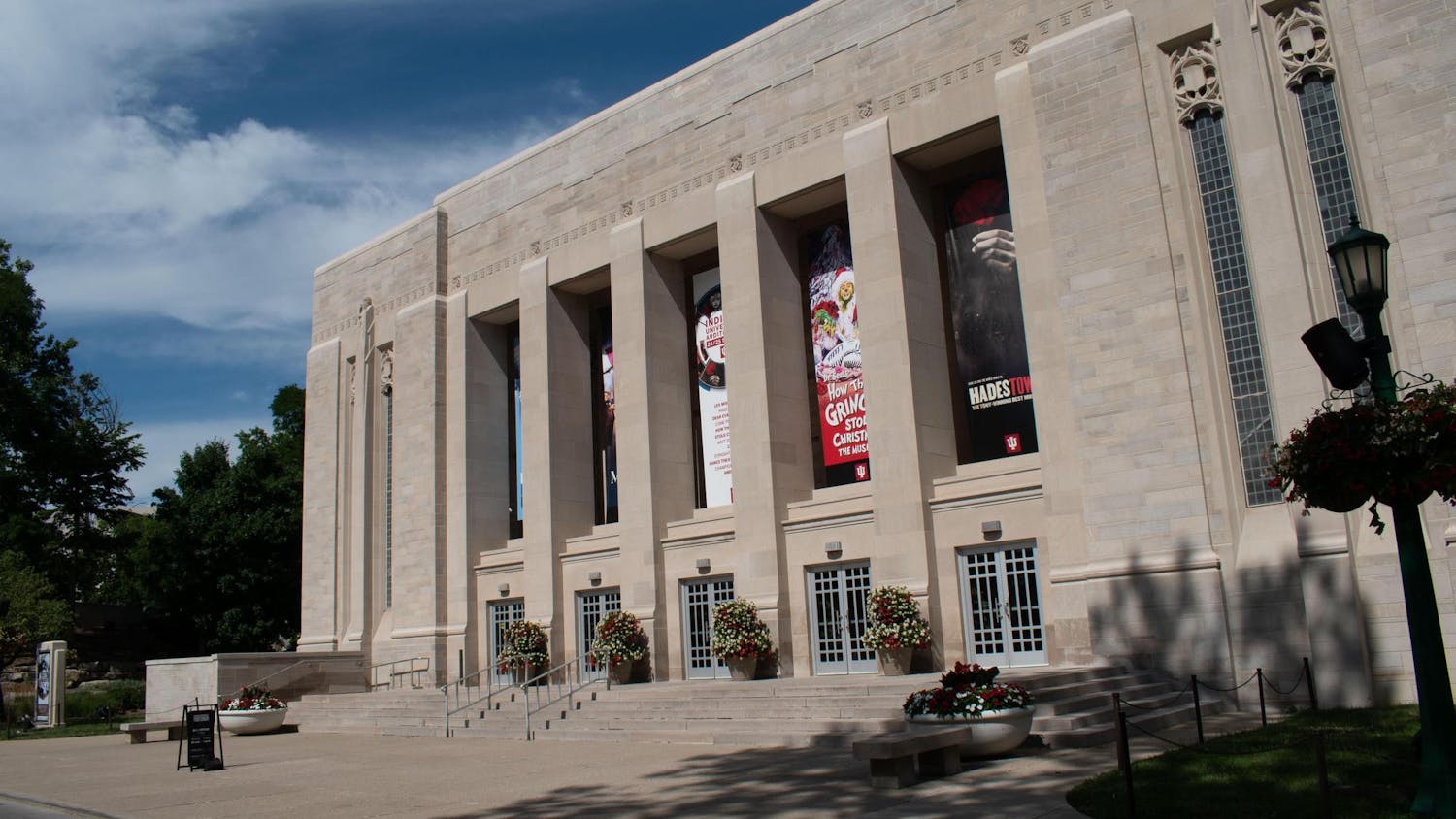An Islamic school in Bloomington is ahead of a former pop star's dream to open religious schools in American Muslim communities. \nCat Stevens, who converted to Islam in 1977 and now calls himself Yusuf Islam, urged Muslim communities Sunday to open religious-based schools. Stevens opened one of the first Islamic schools in London in 1983. \n"Once a Muslim school is established, it indicates the arrival of the community in that place," Stevens said at the Islamic Society of North America. \nMuslim Student Union president Nathan Ainslie has been a volunteer at the weekend Islamic school in Bloomington for the past two years. Students in grade school study Islamic history, religious rites and Arabic. The weekend school was started soon after the Islamic Center of Bloomington was built 10 years ago. \n"The school is about teaching self-respect and self-esteem," Ainslie said. "We teach about God and religion in a general sense, using universal values that will make the kids grow into good Muslim adults."\nThe school's activities include demonstrations and simulations of Muslim rites of passage such as the pilgrimage to Mecca every Muslim must make at least once during his or her life. The school also teaches its charges to uphold the five pillars of Islam: faith, prayer, Zakat (one's covenant with Allah), pilgrimage and the fast. \nThe school is part of a national network of more than 150 similar weekend Islamic schools, according to the Islamic Society of North America's Web site www.isna.net.\nThe weekend program has been steadily growing in the past six years. The school now counts a full set of textbooks grades K-12 as one of its most valuable resources. Community members donate time and money to the school to ensure Muslim children receive religious education in addition to the secular training they receive in public schools, Ainslie said. \nLike Stevens, some area Muslim parents believe the modern culture so prominent in public schools distract Muslims from their religion. Ainslie said many community members see the need for a full-time private Islamic school, giving their children the kind of education they received.\n"Since Muslims are a religious minority, it's important for these kids to feel like they are a part of the community from an early age," the senior computer science major said. "Most likely, they're the only Muslim kid in their classroom. If Islam is reinforced from a young age, you begin to identify with it. You can proudly say: 'I'm a Muslim. This is my identity.'"\nIndianapolis native Ainslie discovered Islam in his last year of high school. At the time, a girlfriend invited him to learn about Islam to understand her better. He read the English interpretation of the Quran and realized that he was reading what he already believed in. But strongly identifying with Islam did not mean instant lifestyle changes. Over the past four years, Ainslie gradually reached a better understanding of himself, but the last two years have been crucial in accepting his new lifestyle.\n"You learn more when you teach someone else rather than being taught," Ainslie said. "I never had a Muslim male role model growing up. It's very interesting to see the young kids being taught. For me it was different because I basically taught myself."\nAs someone who converted to Islam instead of being born into it, Ainslie hasn't experienced prejudice. In fact, Bloomington has been the perfect place to discover the real meaning of Islam, Ainslie said. His experiences here have been driven by the diversity of the community, which is constantly fueled by the arrival of new students and new families.\n"As a convert, the experience of teaching Muslim children has been eye-opening," Ainslie said. "It's interesting to see what it's like to grow up Muslim."\n-- The Associated Press contributed to this story. Contact Arts editor Jane Charney at echarney@indiana.edu.
Cat Stevens' dream a reality in Bloomington
Get stories like this in your inbox
Subscribe





